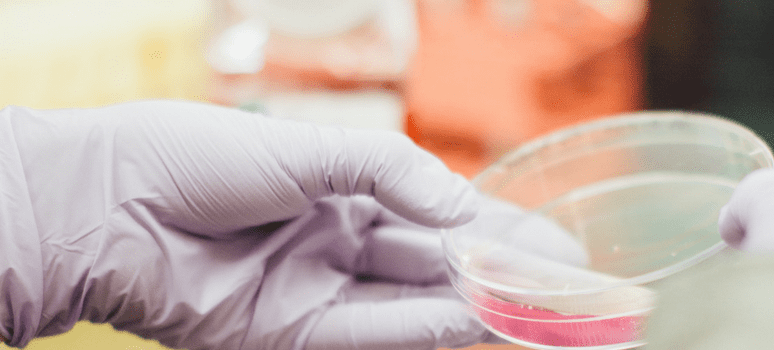
The number of cancer diagnoses is increasing every year. However, survival from the disease is also increasing. Research and new therapies, such as immunotherapy, to combat the disease are improving the prognosis for the worst tumours, such as brain cancer.
More than two hundred thousand men and women received a positive diagnosis of cancer in Spain in 2017. Prostate tumours, in the first case, and breast tumours, in the second, are the most numerous, and will continue to grow. It is estimated that in 2035, three hundred and fifteen thousand people will be diagnosed with this disease, but many, will experience this process as a chronic illness.
Since 2000, five-year survival has increased from 56% to 63% for colon cancer and from 21% to 27% for brain tumours. This progression can be applied to most types of this disease, by the of therapies, in particular the immunotherapy against cancer.
This type of therapy, also called biological therapiesThe techniques include a number of techniques, some of which are under development. One of the techniques involves the development of dendritic cell exosomes The patient to be treated to fight cancer in coordination with conventional cancer treatments.
Immunogenic immunotherapy is emerging as a highly effective therapy: it can reduce the recurrence rate of the disease by up to 70% and can reduce the rate of disease recurrence by up toncrease the effect of chemotherapy by 40%.while minimising its side effects on the patient's health.
Chemotherapy and radiotherapy treatments They attack cancer cells as well as healthy cells and weaken the immune system. This is why their effectiveness is initially accompanied by a weakening of general health. With immunogenic immunotherapy, the following is achieved strengthening the immune system and preparing it to attack the tumourThe vaccine, created in the lab, combines exosomes from the patient's dendritic cells with the patient's own tumour antigen. In this way, the immune system is programmed to attack that particular tumour, and is given the memory to identify and effectively attack the same type of cancer cells should they develop again.
In which cases is immunotherapy applied?
The immunogenic immunotherapy is a suitable treatment for solid tumours, leukaemia and sarcoma. However, no two cases are the same and the appropriateness of treatment must be considered in each case.
This therapy is very effective in helping clearing residual cancer cellsafter treatment. Also to improve the effectiveness of chemotherapy or radiotherapy treatments.
In this regard, in Biosalud Day Hospital we also apply the techniques of molecular hyperthermia area method that improves the effectiveness of cancer treatments. The increase in temperature that we cause in a localised manner allows the blood vessels to dilate and the bloodstream to transport a greater quantity of medicine to the tumour.
As for Immunotherapy for cancer, it has been observed that it also helps cancer patients to patients in palliative care; when oncological therapy has not worked, we can improve the patient's quality of life by applying this treatment.


2 thoughts on “Nuevos tratamientos contra el cáncer”
Prevention will always be better than having to treat a disease that has already occurred, even in its early stages.
For example, smoking is the leading cause of oral cancer, and it is not the only cancer that causes or facilitates oral cancer.
Breaking nicotine addiction is an excellent first step towards avoiding future cancer.
Thank you for sharing this knowledge, best regards!
Comments are closed.